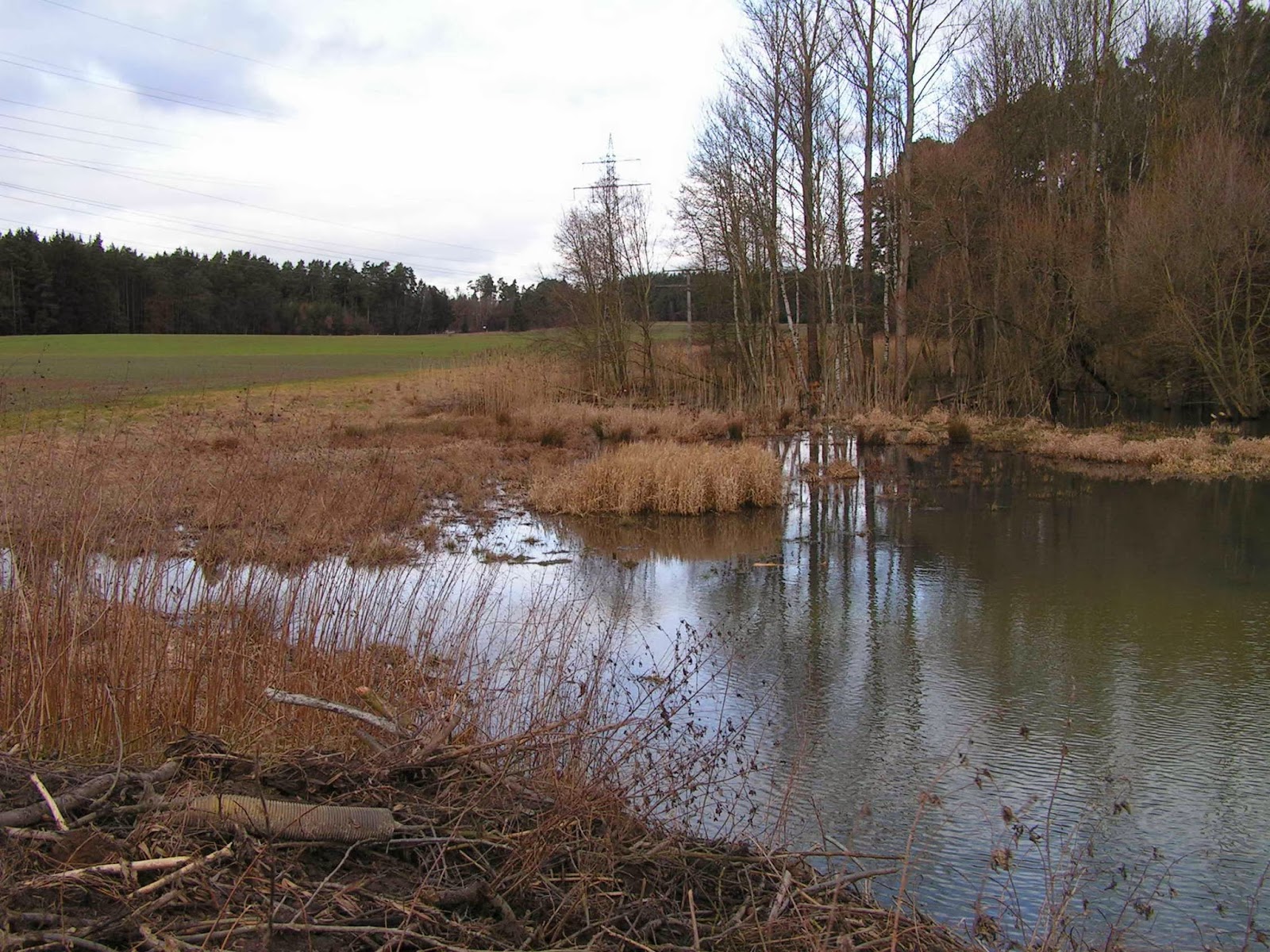Ricardo’s Law of Rent: Land Monopoly – The Elephant in the Room of Wildlife Conservation
The debate surrounding rewilding, natural flood management, and traditional farming is often characterised by intense friction between conservationists and landowners. Yet, these surface-level conflicts frequently obscure the deeper economic forces at play.
The "elephant in the room" of wildlife conservation is not the farmer ploughing a field, but the underlying structure of land economics—specifically, the phenomenon of land monopoly. Until we understand David Ricardo’s 19th-century insights into rent, and how our current tax system distorts our relationship with the natural world, genuine ecological restoration will remain an uphill battle.
The central thesis is this: our current economic system incentivises the overuse of land and protects the mere privilege of ownership, rather than rewarding productive work or environmental stewardship. The solution lies in shifting the tax burden away from labour and profit, and onto the unimproved value of land itself.
Understanding the Economic Roles: The Farmer vs. The Landlord
To grasp why current agricultural policies often fail nature, it is crucial to distinguish between two economic roles that are often confused—even when they exist within the same person.
There is the "Hardworking Farmer," whose income is derived from labour, capital investment, and the sale of produce. Then, there is the "Idle Landlord" aspect—the portion of income or wealth derived solely from holding the title to a finite natural resource: land.
Our current tax system heavily penalises the "Hardworking Farmer" through taxes on income, profits, and labour. Conversely, it heavily subsidises the "Idle Landlord" role through agricultural subsidies, tax breaks on land ownership (such as inheritance tax relief), and the allowing of untaxed speculative gains in land value.
This structure creates a profound moral and ecological hazard. It encourages the hoarding of land and incentivises intensifying production on unsuitable, marginal landscapes just to capture subsidies, thereby wiping out biodiversity and polluting waterways.
The Artificial Inflation of Land
A primary consequence of prioritising land ownership over land use is the artificial inflation of land prices. Farmland value today has detached almost entirely from its productive agricultural capacity. It is driven instead by its status as a tax haven, a speculative asset, and a vehicle for subsidy capture.
This high barrier to entry prevents young, innovative farmers with sustainable ideas from accessing land. It locks the land into a cycle of debt-fuelled, high-input farming necessary to service the high capital costs of ownership.
If these artificial supports were removed and replaced with a Land Value Tax (LVT), land prices would likely correct significantly—perhaps by as much as 80%. This would not destroy agriculture; rather, it would allow land to flow into new, productive hands, stimulating more efficient farming practices that are less damaging to the environment.
Enter Ricardo’s Law: Why Tenants and Nature Benefit from LVT
The most common objection to Land Value Tax is that it would bankrupt farmers or just be passed on to tenants in higher rent. This misunderstands David Ricardo’s "Law of Rent."
Ricardo established that the rent of land is determined by the economic surplus it can produce over and above the best available rent-free (marginal) land, using the same amount of labour and capital.
Put simply, a landlord is already charging the maximum rent the market can bear based on the land's productivity. If an LVT is introduced, the landlord cannot arbitrarily raise the rent further, because the tenant cannot earn enough from the land to pay it. Therefore, the tax must come out of the landlord's existing rental income.
Under an LVT system:
Tenant Farmers gain: Their rent doesn't increase, but the taxes on their labour, profits, and produce would decrease as the state shifts its revenue source to land values.
Productive Owner-Occupiers gain: While they pay the LVT, the removal of taxes on their hard work and produce offsets this cost on productive land.
The "Idle Landlord" loses: The passive income derived merely from holding title to valuable natural resources is significantly reduced.
It is estimated that under a national LVT, roughly 97% of the tax burden would fall on high-value urban towns and cities, not rural farmland.
LVT as a Tool for Rewilding
The implications for conservation are profound. Currently, subsidies encourage farming on marginal, unproductive land—steep hills, wetlands, and poor soils—where farming is only viable because of public money. This damages ecosystems for little actual food gain.
Under an LVT system, coupled with taxes on "externalities" (such as carbon and pollution), farming below the margin becomes uneconomic. The landowner is incentivised to stop fighting nature on poor land.
This creates the economic space for passive rewilding. Marginal lands would naturally revert to scrub, woodland, and wetland, restoring biodiversity and providing natural flood defence without requiring massive taxpayer funding. It aligns economic incentives with ecological reality: farm the good land efficiently, and let the difficult land return to nature.
The Moral Dimension of Land Monopoly
Ultimately, land economics is at the heart of nearly all our social and environmental crises. Our obsession with protecting the privilege of land ownership in our legal and taxation systems is a root cause of systemic failure.
Land monopoly creates an incentive for the powerful to prey upon the weak to secure resource rights, fuelling global conflict. It keeps billions in poverty by denying access to the fundamental resources required for life.
Continuing a culture that prides itself on the mere accumulation of land title, while that system incentivises the destruction of the planet and deepens human misery, is unsustainable. We must shift to a system that rewards hard work and environmental stewardship, rather than penalising them in favour of passive ownership.




Comments
Post a Comment